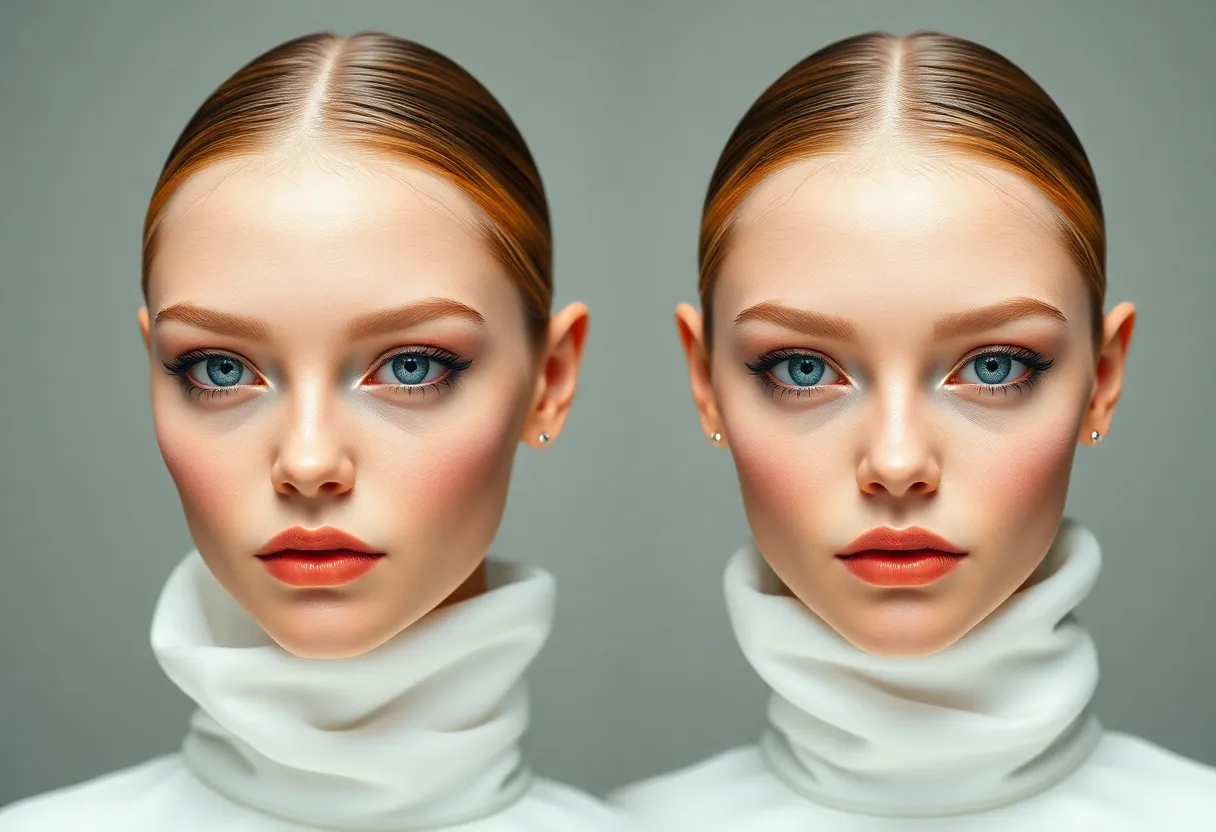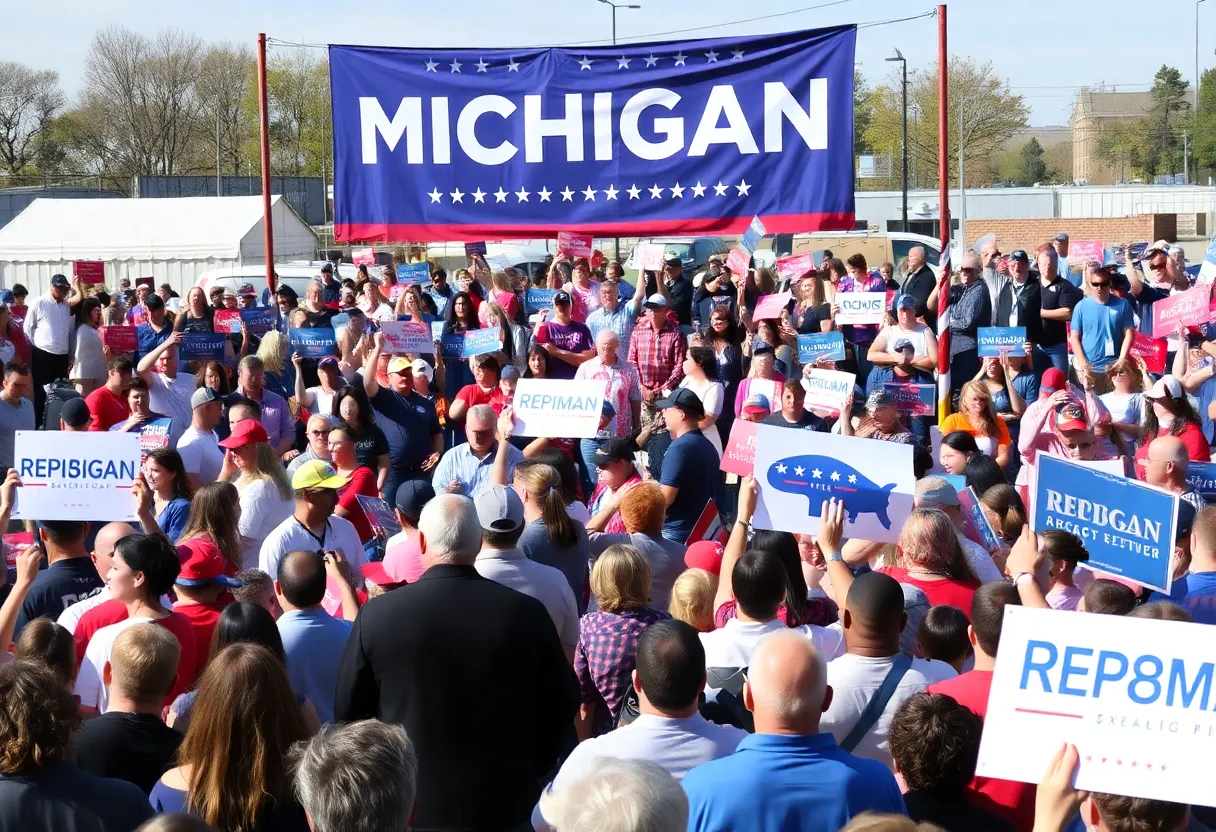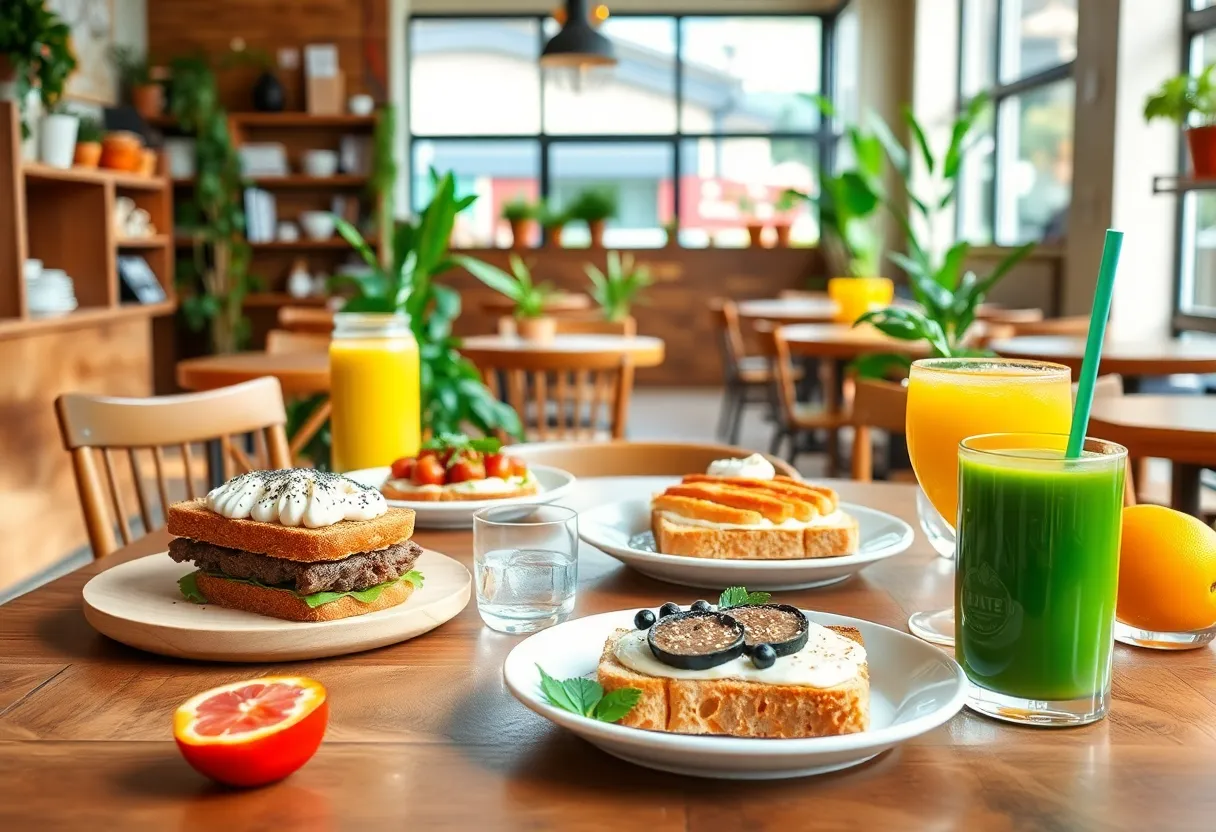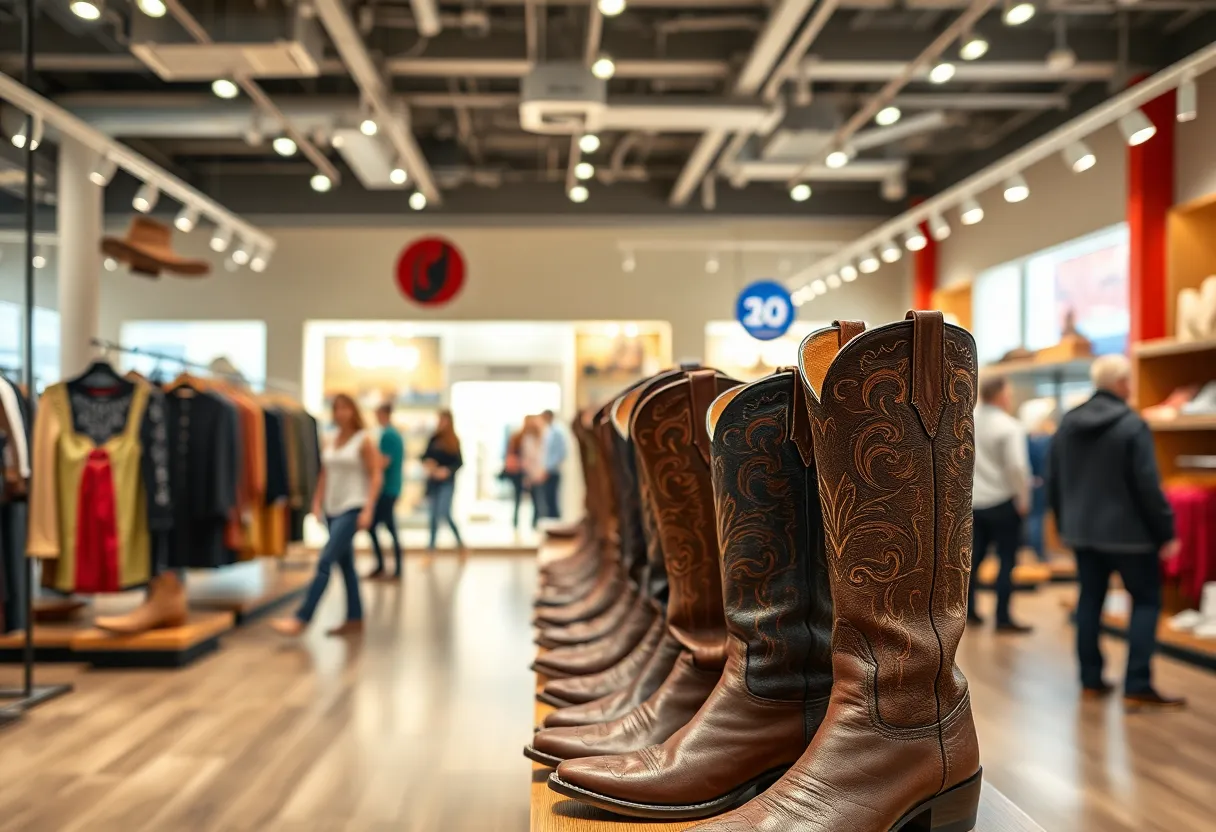News Summary
H&M has launched an initiative to create AI ‘twins’ for thirty models with their permission, aiming to enhance marketing and creativity. However, concerns arise regarding the impact on human models and the fashion industry at large, highlighting the need for fair compensation and ethical regulations as AI continues to influence creative sectors.
H&M’s AI “Twins” Initiative: A New Era or Ethical Dilemma in Fashion?
In a groundbreaking move, H&M has announced plans to create AI “twins” for a select group of thirty models, all with their explicit permission. This initiative aims to enhance the brand’s marketing and social media presence while keeping a human-centric approach at its core. Jörgen Andersson, H&M’s chief creative officer, explained that the goal is to support the creative process, potentially reshaping how brands engage with consumers.
How It Works
The AI models will not just be digital constructs used for H&M’s purposes; they’ll also be available for the models themselves to book for shoots with other brands. This begs the question—can a digital version of a person truly replace the human touch that we associate with modeling? Model Mathilda Gvarliani, one of the models participating in this initiative, humorously likened her AI twin to “like me, without the jet-lag.” It’s a quirky way to express how AI could ease the pressures associated with constant travel in the industry.
Concerns From the Industry
However, the excitement isn’t universal. Reactions within the fashion industry have included dismay and rising concerns, particularly echoes of fears similar to those experienced by Hollywood workers with AI’s encroachment into film and television. Philippa Childs, head of the Bectu union, pointed out that even when models receive compensation for their digital counterparts, the technology could adversely affect others involved in the creative process, such as make-up artists and stylists. A recent survey indicated that a significant 54% of Bectu members believe AI will have a negative impact on the broader fashion industry.
A Call for Fair Compensation
Sara Ziff, founder of Model Alliance, raised important questions regarding the fair compensation of these digital twins. H&M has pledged to pay models when their AI likeness is used, with fees arranged through their respective agencies. While that sounds positive, there’s still considerable anxiety about how this shift could affect jobs across the board, especially for entry-level models.
The Need for Regulation
Concerns over the ethical implications of AI in fashion continue to grow. Sinead Bovell, another model, has called into question how regulations might prevent exploitation related to AI usage. Some positive movement is occurring in this area; for example, California’s forthcoming Fashion Workers’ Act, which will require models to consent to the use of AI representations starting in June.
Global Responses
Even at a broader level, the European Union is looking to introduce an AI Act by 2026, which would mandate the labeling of all AI-generated images. Lucy Yeomans, former editor of Harpers Bazaar, expressed skepticism regarding the limitations of AI in fashion, particularly its ability to spur genuine innovation. Critics also worry about the potential for AI to perpetuate bias or exclude real human models altogether.
What Lies Ahead for Fashion Models
Another point of contention is the financial disparity. High-profile models might see substantial compensation for their digital twins, but those at the start of their careers could risk facing job losses as AI technology becomes more integrated into the industry. Many models, including Gvarliani, have voiced concern about the erosion of human roles, which is a valid concern in a world increasingly leaning towards automation.
Concluding Thoughts
As H&M moves forward with this initiative, it raises broader questions not just for the fashion industry, but for all creative sectors. Will AI be a tool of empowerment or a means of exploitation? As stakeholders ponder these questions, it’s clear that while the fashion landscape is changing, so too must the discussions surrounding models’ rights and considerations in an *AI-driven future*.
Stay tuned as we follow this story to see how it unfolds and what it means for both models and the industry as a whole!
Deeper Dive: News & Info About This Topic
HERE Resources
Nvidia’s AI Innovations Transform Advertising Landscape
H&M Ventures into the Future with Digital Twins of Models
H&M Enters the Digital Age with 30 New Digital Twins
Tim Cook vs. Odell Beckham Jr.: A Fashion Debate Emerges
Exciting Digital Marketing Trends Coming in 2025!
Fashion Industry Faces Sustainability Challenges Amidst Greenwashing and Waste Crisis
Nostalgia Marketing Takes Center Stage: Brands Reconnect with Fond Memories
North Carolina Expands eCourts Digital Case Management System
Novi Home and Garden Show Returns This March
Adobe and Estée Lauder Join Forces to Supercharge Digital Marketing with Generative AI
Additional Resources
- CNN: H&M Taps AI Models
- Wikipedia: Artificial Intelligence
- DW: H&M’s Digital Clones
- Google Search: AI in Fashion
- Technology Magazine: H&M’s AI Plans
- Google Scholar: AI Models in Fashion
- Teen Vogue: H&M’s AI Model Initiative
- Encyclopedia Britannica: AI and Fashion
- Business of Fashion: AI Models Discussion
- Google News: H&M AI Models








